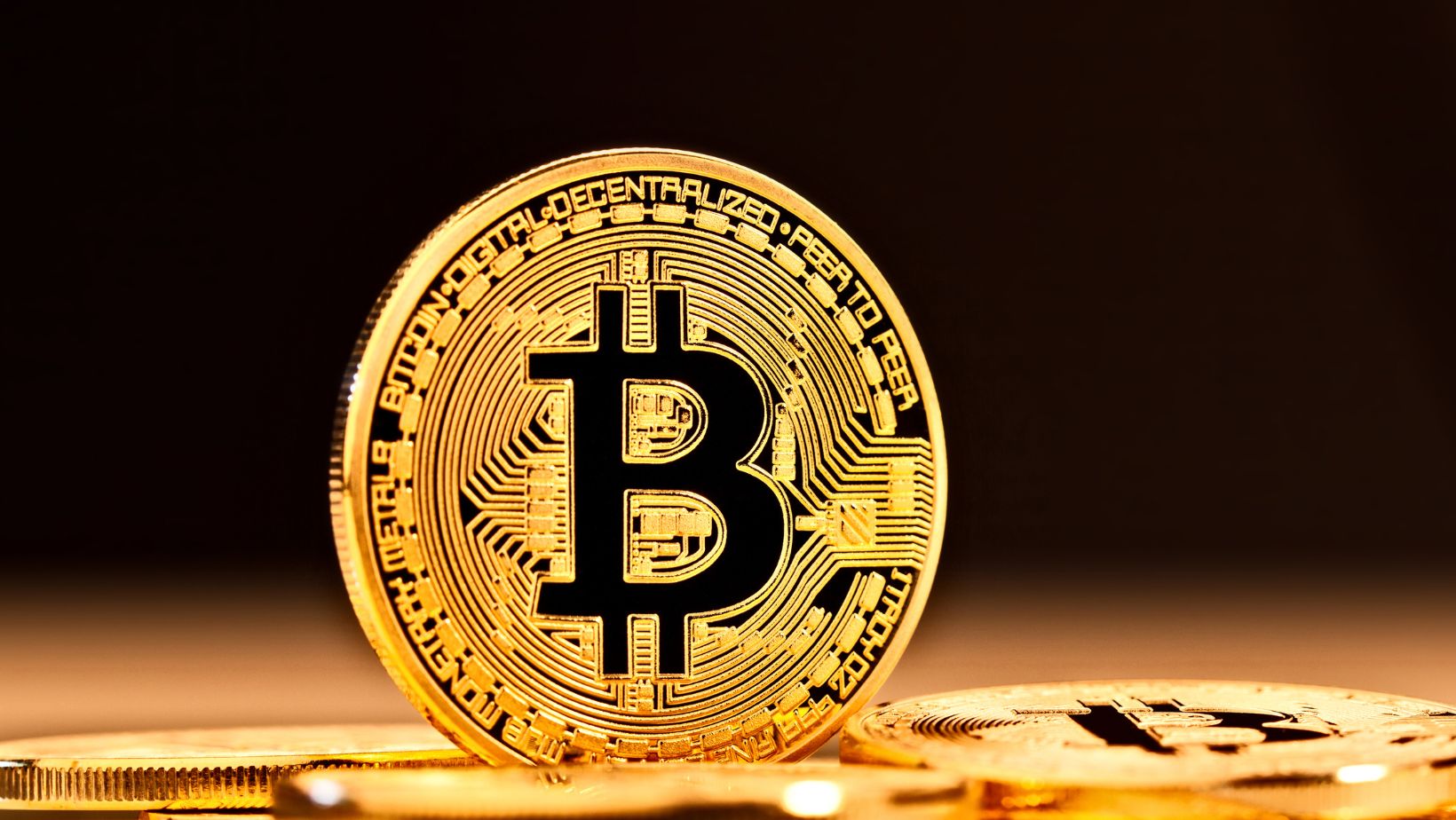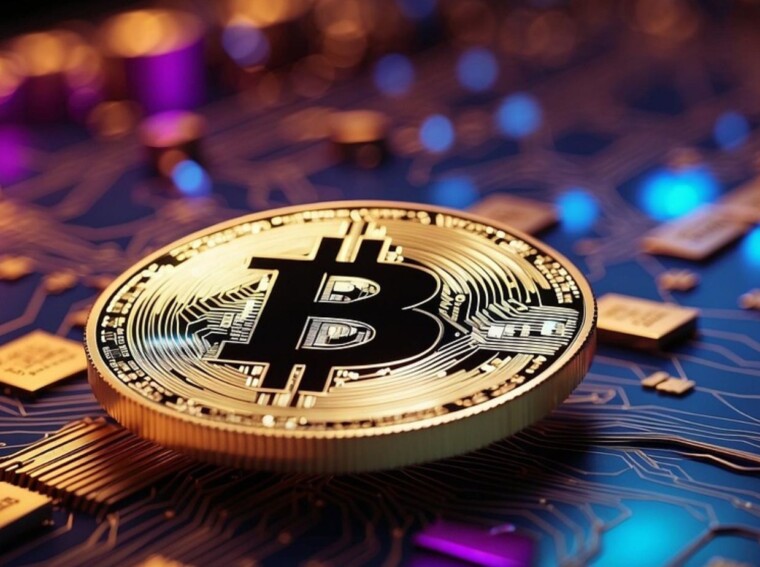Cryptocurrency is beginning to leave a deep imprint on the gaming world. Its rise is giving players more control over how they spend, earn, and move their money. At the heart of this change are platforms that allow people to trade digital assets without the usual hoops, like ID checks or account creation.
These platforms, known as no-KYC crypto exchanges, let users avoid formal sign-ups and skip handing over personal data. That freedom speaks directly to gamers who value privacy and flexibility, especially in countries where regulation is tight or access is blocked. For many, this is opening the door to a digital economy that finally feels accessible and unrestricted. (Source: https://cryptonews.com/cn/cryptocurrency/11-best-no-kyc-crypto-exchanges/)
A New Way to Pay
Blockchain technology creates a more efficient and direct payment system within games. It replaces the delays, third-party approvals, and added costs of traditional banking with a faster and more streamlined approach.
Developers and players can now exchange payments directly, ensuring speed and lower costs. Developers gain reliable access to a global audience without depending on conventional financial systems. Players enjoy smoother transactions and consistent access to in-game content, making the entire experience more fluid and rewarding.
Ownership That Actually Means Something
In most video games, even if you spend real money on a skin or weapon, you don’t truly own it. The game company still holds the keys. If they shut down servers or change the rules, your item disappears.
Blockchain flips that idea. It allows players to create and hold digital items, like characters, cosmetics, or gear as NFTs. These tokens live on a public ledger, meaning ownership is real and can be verified. You can even trade them between games or sell them to other players.
That’s opened the door for Play-to-Earn (P2E) games, where people earn crypto or NFTs just by playing. It’s not just about escaping reality anymore. Some players are making real money. The profit model is shifting from big studios toward communities.
And communities are now part of the decision-making too. Through DAOs, or Decentralised Autonomous Organisations, players get to vote on updates, features, and future plans. The game Shiba Eternity, tied to the Shiba Inu fanbase, is already experimenting with this kind of setup.
China’s Role in the Bigger Picture
China’s gaming market is one of the biggest in the world, and blockchain is finding a home there too. In 2024, the country’s gaming industry earned 325.8 billion yuan and had over 674 million users. That’s more than the entire population of Europe.
In 2025, China expanded its Blockchain-based Service Network (BSN), adding over 120 public city nodes across the country. The international version, BSN Spartan, reached more than 20 nations. At the same time, China’s RealDID system, a tool for digital identity, rolled out in Hong Kong and continued spreading inside the mainland. It’s clear that blockchain isn’t just a side project. It’s becoming part of the country’s digital backbone.
More Trust, Wider Access
Blockchain doesn’t just make payments faster or cut fees. It also adds something gaming has struggled with for years: trust. Since every transaction is logged and can’t be changed, players can trace where an item came from or how rare it is. It’s a built-in proof system.
 This kind of traceability helps stop fraud and builds better relationships between players and developers. It also helps level the playing field. In places where people don’t have access to banks or cards, blockchain offers a way in. Suddenly, players in underserved regions can join global gaming communities without needing a bank account. That kind of inclusion is a big deal.
This kind of traceability helps stop fraud and builds better relationships between players and developers. It also helps level the playing field. In places where people don’t have access to banks or cards, blockchain offers a way in. Suddenly, players in underserved regions can join global gaming communities without needing a bank account. That kind of inclusion is a big deal.
And as blockchain grows, so does the need to protect user data. Chinese tech companies are investing heavily in tools that protect privacy. Secure data sharing, decentralised ID tech, and privacy-safe computation are becoming more common, especially as games start collecting more personal data than ever before.
A Turning Point for Gaming
Even with the obstacles, crypto’s influence on gaming is already deep. Players are no longer just customers. They’re becoming owners, builders, and investors in the worlds they explore.
As blockchain tools become easier to use and more players understand them, these changes are likely to spread. Legal systems in key countries are also beginning to settle, offering clearer guidance for creators and users.
What’s happening isn’t just a tweak to how we play games, it’s a rewrite of the rules. From payments to ownership, from community votes to earning power, the foundations of gaming are being reshaped.
